Today’s readings
What on earth do you do when everything comes crashing down around you?
That’s a question that, quite frankly, all of us have to deal with at some time or another in our lives. Some people get more than their share of sadness, but really all of us have a heap of frustration delivered to our doorstep at some point. And it does seem to pour when it rains. Bad circumstances pile up and are mixed with frustration, anger, sadness, humiliation, and a whole host of other emotions that only make bad circumstances worse.
So what on earth do you do when everything comes crashing down around you?
Job had quite the storm on his hands. He was a just man and his righteousness had earned him the favor of God and the esteem of all those who knew him. He had a large and powerful family and a thriving business, and it seemed that things couldn’t be going better. Except when everything came crashing down around him. The devil didn’t like how just and upright Job was, and how much God took pride in him. And so, as the devil will do, he made plans to upset the apple cart. God allowed it, as he allows the things that befall us, because not to do so would violate our free will, which he gave us out of love.
Job does okay for a while, but when everything piled on, Job couldn’t take it any more. His friends are no help, and they even blame him for the things that have happened. His wife tells him to “curse God and die” (2:9). Twenty-nine chapters of this has him blaming God, only to be rebuked by his friends. And in the passage we have today, God sets things right, and points out to Job that he can’t know all that God has in mind and he has no idea how the balance of good and evil in the world work. But in all of this, God has not forgotten Job, so when Job repents a few chapters later, God restores Job’s fortunes many more times greater than he had in the past.
But what are you going to do when everything comes crashing down around you?
The disciples of Jesus in the Gospel reading today certainly thought that moment had come. They had been following Jesus now, and while they were drawn to him, he clearly was not the kind of Messiah they had been expecting. Far from being a heroic military leader destined to return Israel to its place of prominence in the world at that time, Jesus was asleep on a cushion in the stern of a boat, while a violent squall threatened to dump them into the sea. Didn’t he get it? Doesn’t he know this is the kind of thing a Messiah takes care of? Couldn’t he be expected to lead them through the storm?
Well, he does, of course. With just a few words, he rebukes the wind and the sea and tells them to be still, and the wind and the sea obey. They are astounded. And Jesus expects them to expect the astounding: “Why are you terrified? Do you not yet have faith?”
And here we come to what is, I think, the crux of today’s Liturgy of the Word. And that is faith. You know, we have talked about this before: it’s easy to have faith when things are going well, as they were for Job in the early part of that book. But when everything crashes down around you, when everyone you know is killed, and all of your fortune destroyed, when the wind and the waves threaten to dump you into the sea, well, it’s hard to have faith then, isn’t it?
But in those moments, those moments when everything is crashing down around you, when the world seems to be coming to a horrible end, those, friends, are the times when we need our faith the most. “Do you not yet have faith?” Jesus asks the disciples in the boat that question, but he could well enough ask us too, right? He could well ask us disciples that same question:
• when you’re at the bedside of a loved one who went home way too soon.
• when your job comes to an end and you have no idea what is coming next.
• when your children can’t see what’s best for them and want to go their own way.
• when your spouse doesn’t seem interested in your relationship any more.
• when you’ve just received a difficult diagnosis, and you’re not sure you can withstand the medical treatment.
• when you have no one to go home to, and the loneliness seems like a never-ending abyss.
• when you’re listening to the news and you feel powerless to withstand the evil in the world, let alone to confront it.
When everything is crashing down around us, do we have our faith in those moments? Because if we don’t, we’ll never be able to see Jesus in the stern of the boat, we will never be able to withstand the violent squall. There have been days where, absent my faith, I wouldn’t still be functional. But thanks be to God, I have God in my life and my faith sustains me through my hardest days.
But that doesn’t mean it just happens. There isn’t a way to press a button and be in “faith mode” when everything comes crashing down around you. There has to be a pre-existing faith to engage. We get through tough times not by waving a magic wand, but instead by placing the storm at the foot of the Cross that we have learned to adore, and by accepting the will of Our Lord who we have learned to follow in love. The trust that we have in the Lord in whom we have put our faith is the salvation from the wind and the storm and the sea and everything crashing around us. If even the wind and the sea obey Jesus, then we have to also. And we have to do it before the storm catches us unprepared.
“What are you going to do when everything comes crashing down around you?” isn’t really the most important question. The real question is, how are you going to build the faith that you need for when that happens?
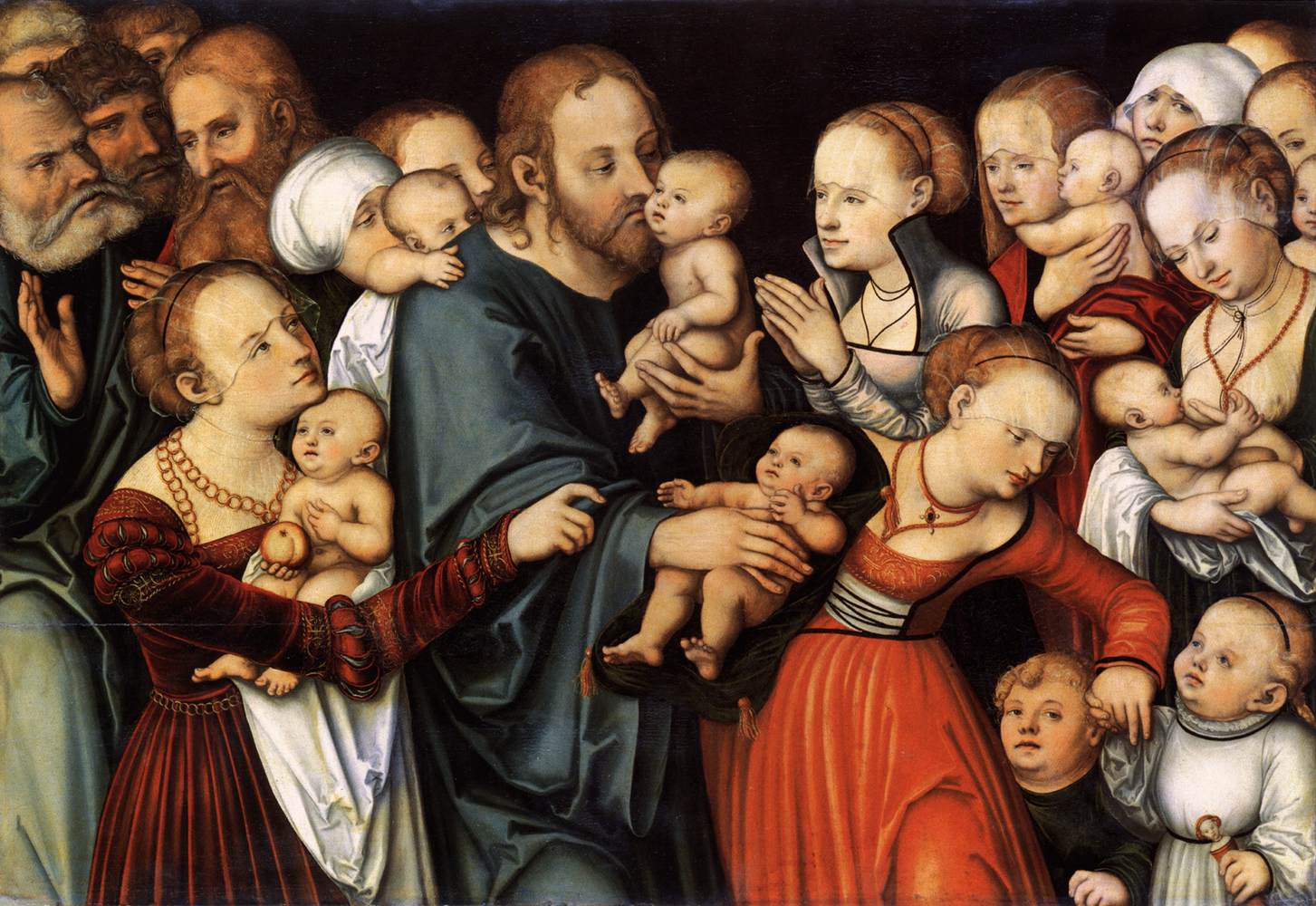
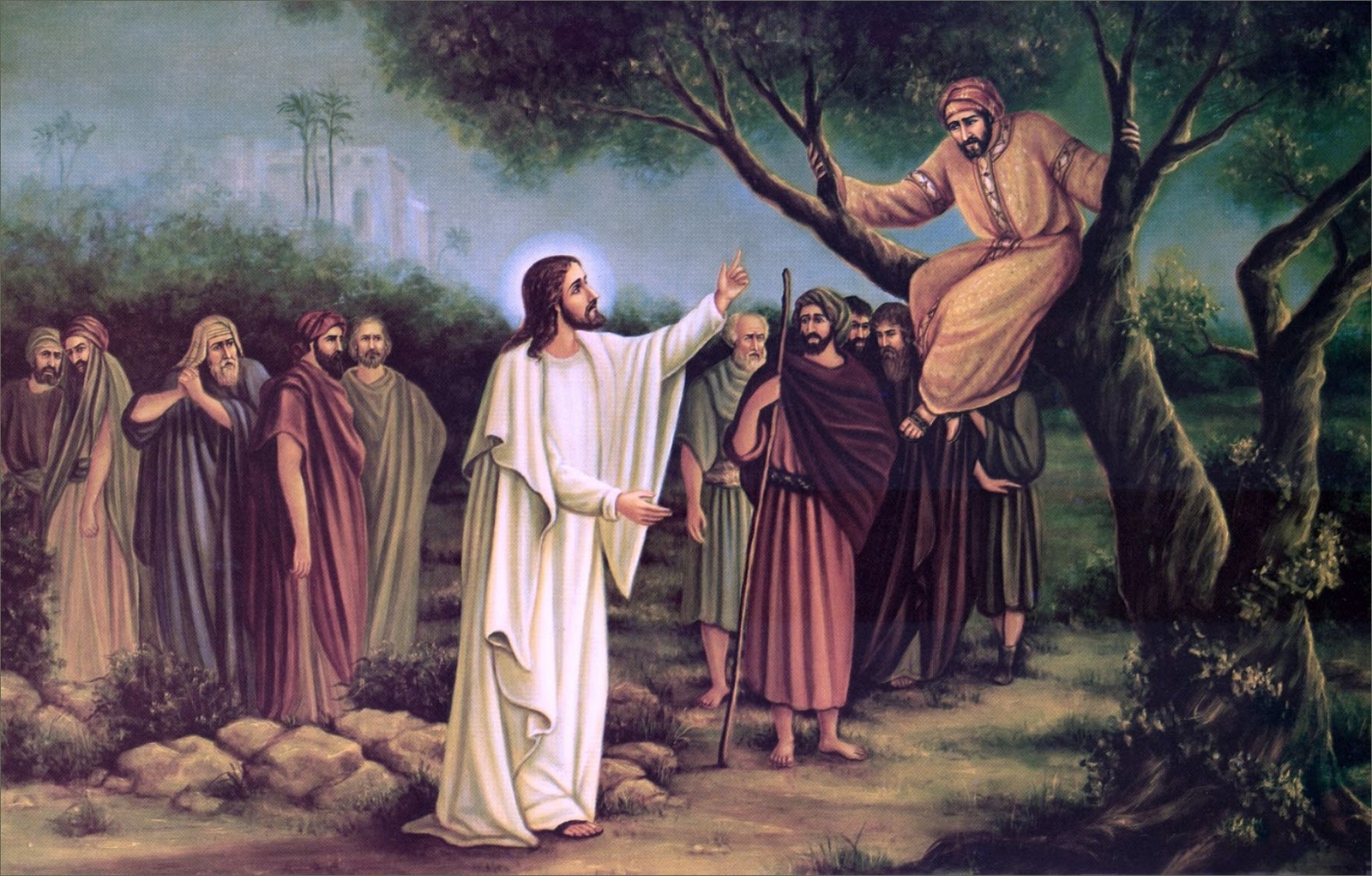
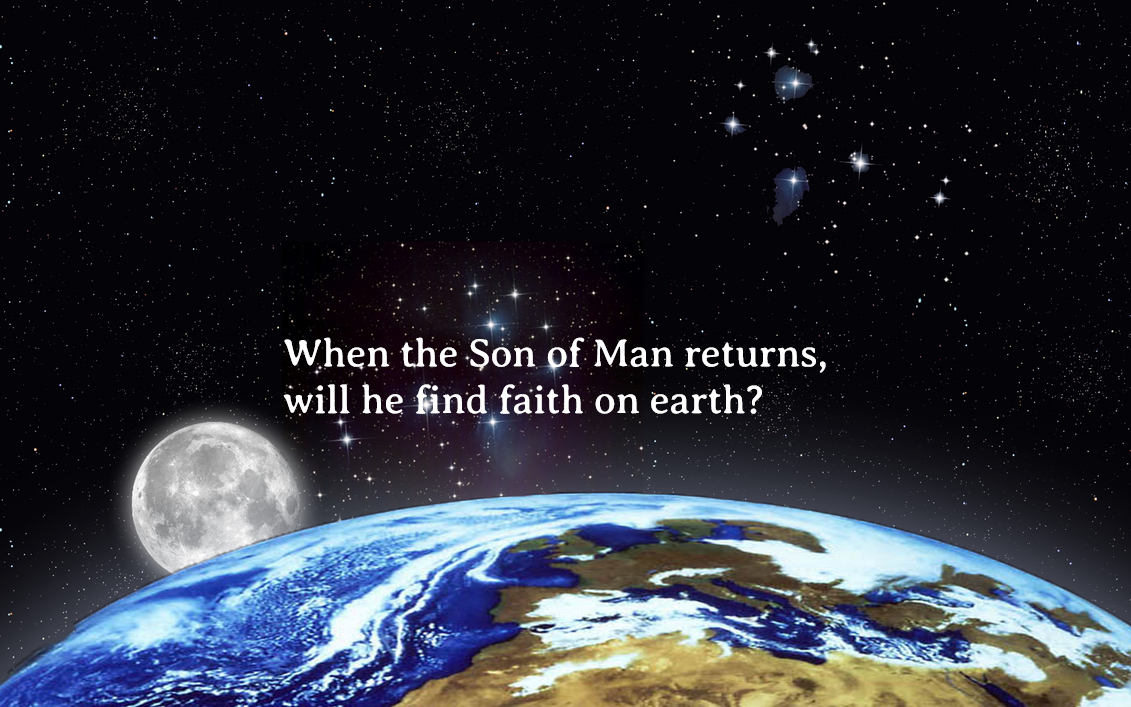


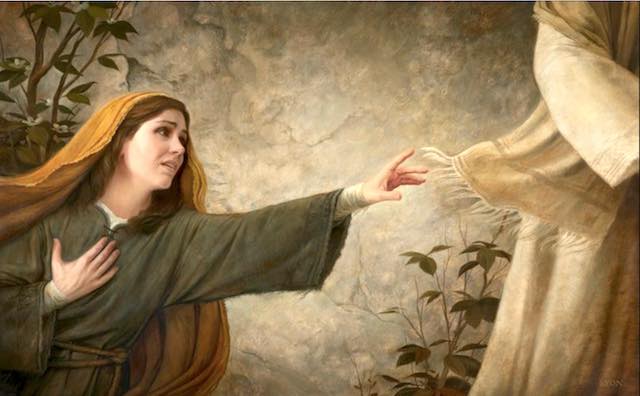
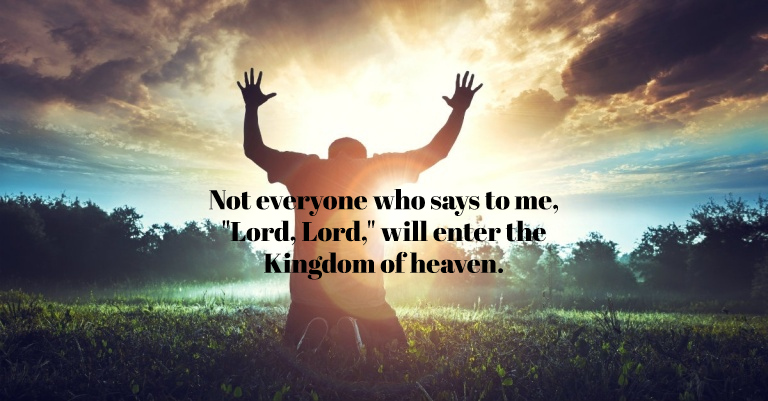

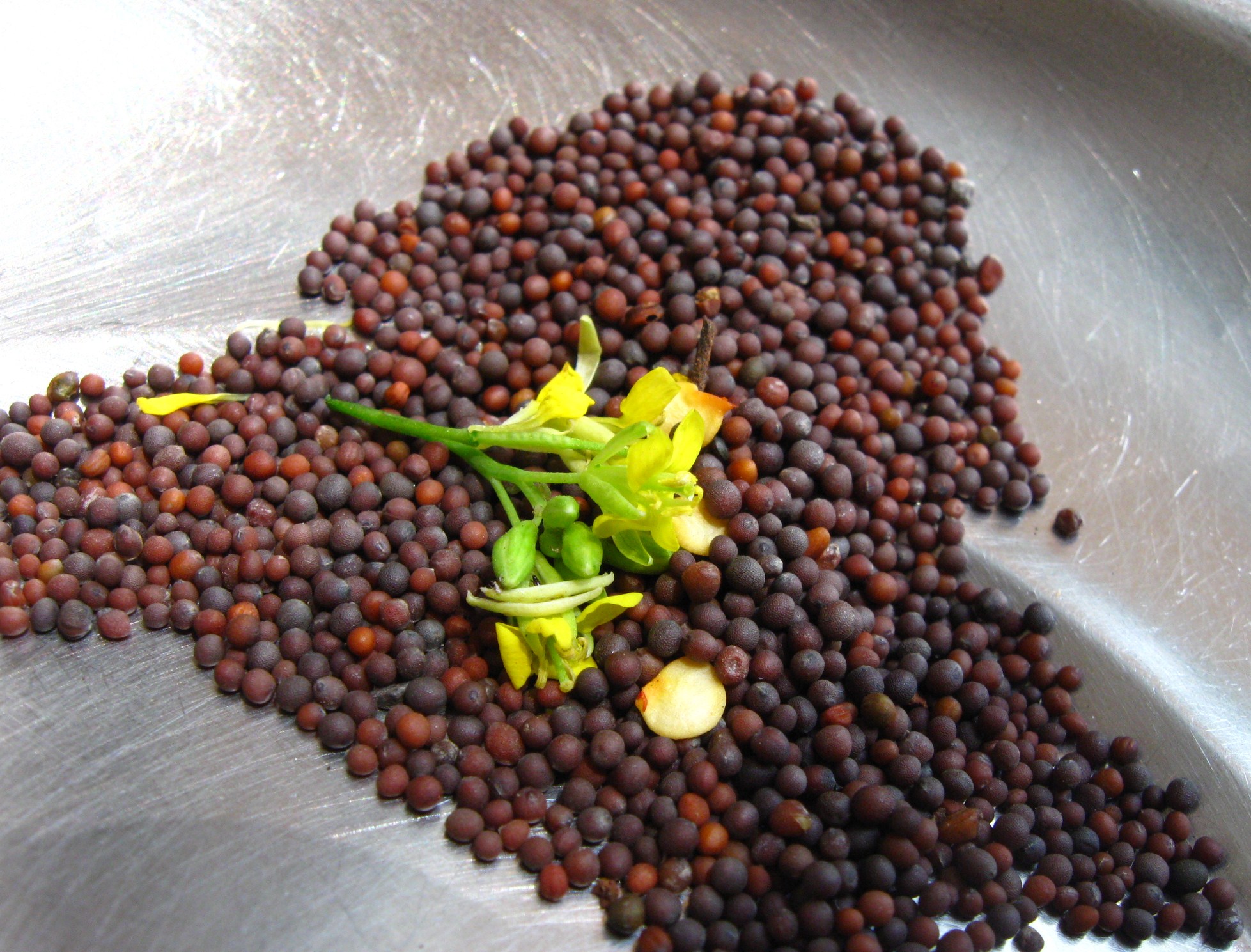
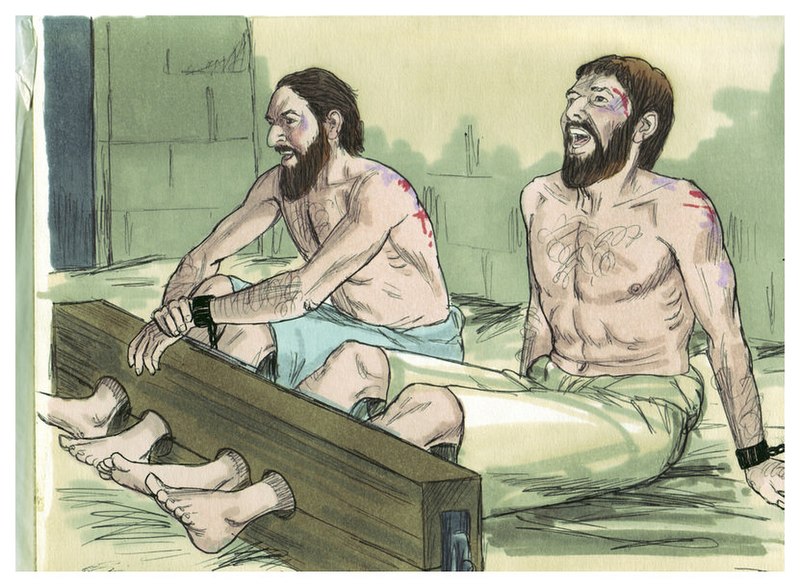
You must be logged in to post a comment.